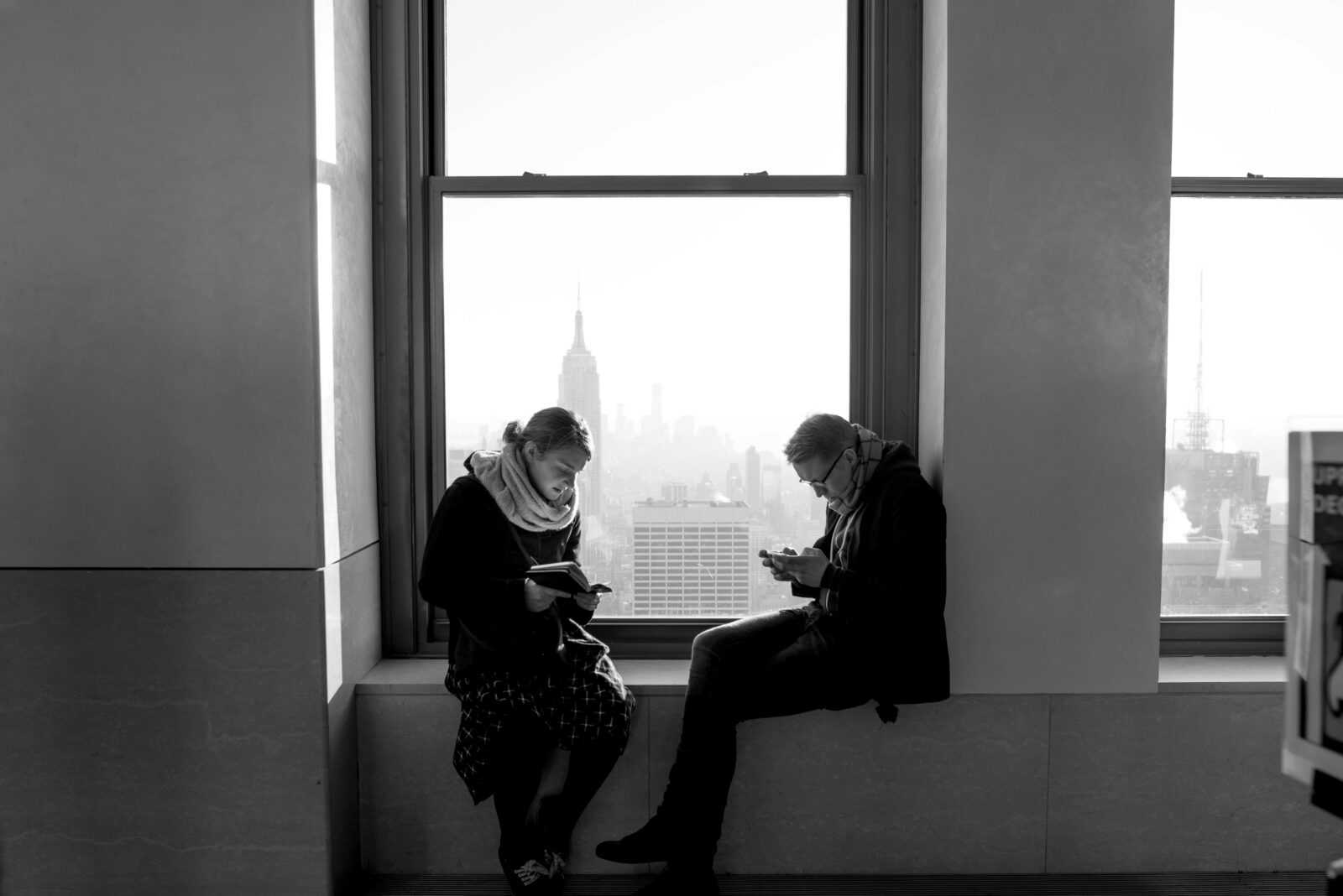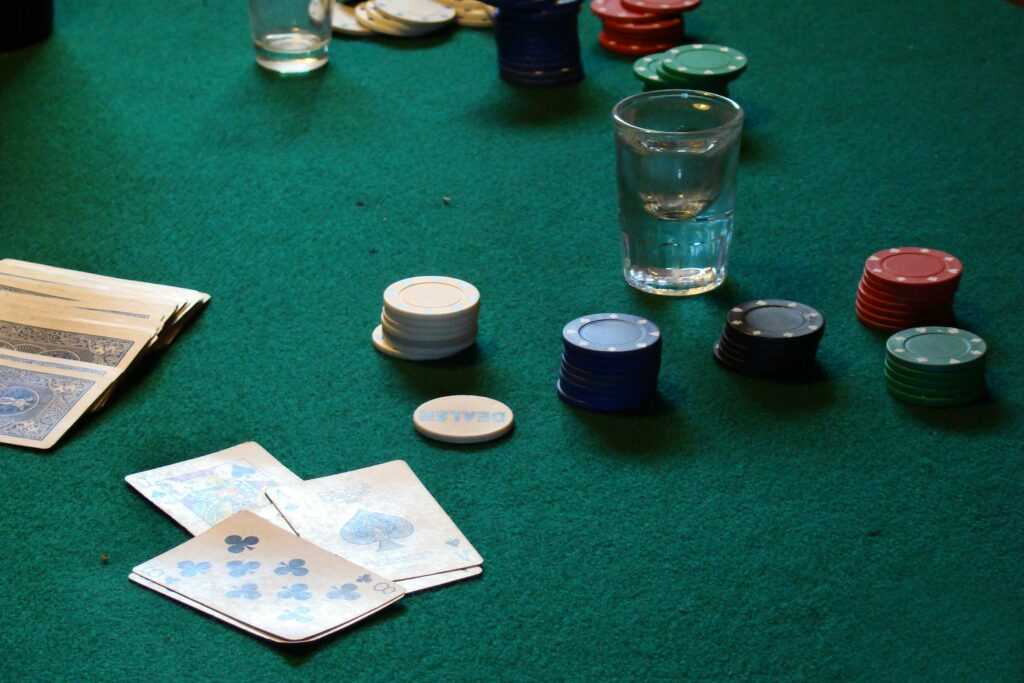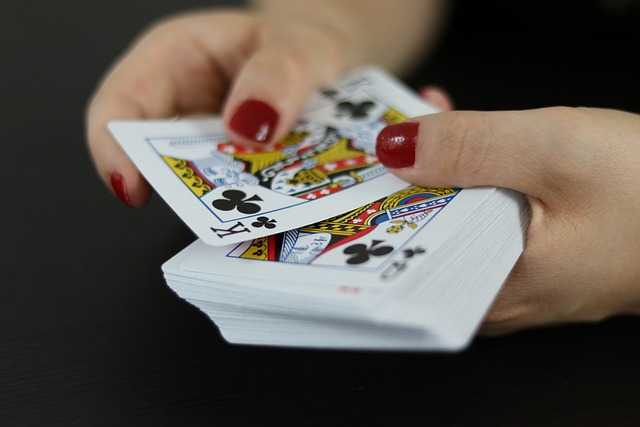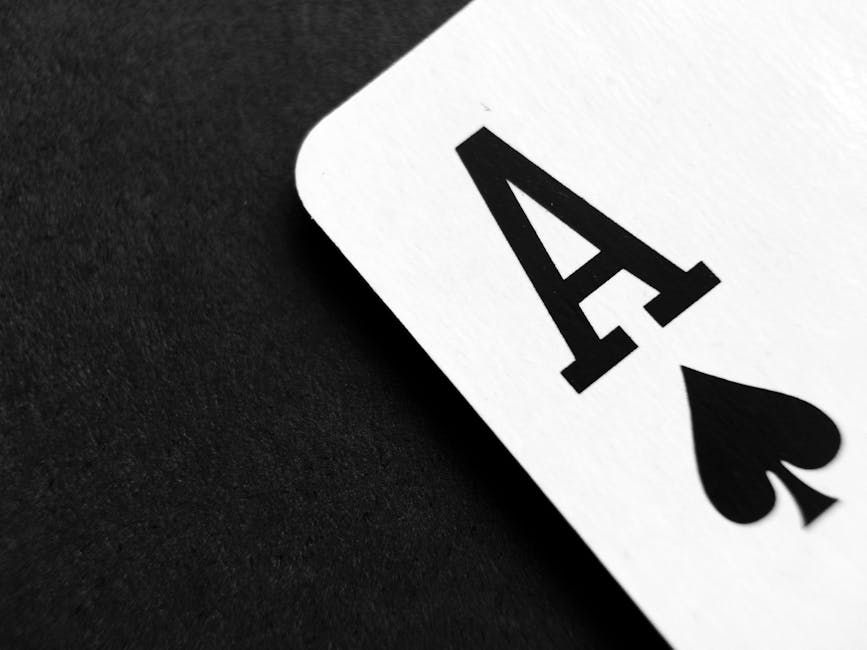New York’s fascinating history with poker dates back centuries, with a history more colorful and chaotic than Vegas ever dreamed. By the 1850s, New York boasted over 6,000 gambling houses, where patrons played games like faro, chuck-a-luck, and whist. These dens of chance were as common as delis are today, woven into the city’s cultural and economic fabric. After crackdowns during the Progressive Era, gambling went underground and was relegated to backrooms, bars, and Mafia-controlled spaces. Yet, poker survived. Fast-forward to 2022, and the state moved to legalize up to three full-fledged casinos in New York City, with Times Square floated as a potential hub. It signaled a policy shift and a homecoming for a game that had never truly left the city’s bloodstream.
New York operates from legacy, grit, and deep roots as other states race to build poker infrastructure from scratch. From underground clubs to pending online legislation, the Empire State’s poker ecosystem reflects its personality: ambitious, iconic, and constantly evolving.
New York’s Poker History: From Pipe Dreams to Poker Royalty
It may surprise some, but poker in New York is foundational to the city’s lore. Perhaps nowhere is this more poetically symbolized than in the origin story of The New Yorker magazine itself. As detailed by The Conversation, the magazine’s founder, Harold Ross, allegedly used a regular poker game among literary elites to workshop his publishing concept in the 1920s. What began as a smoke-filled dream around a card table eventually became one of the most respected magazines in American history.
Throughout the 20th century, poker in New York thrived behind closed doors. Legendary venues like the Mayfair Club produced some of the most respected names in poker, including Erik Seidel, Howard Lederer, and Dan Harrington. Though the Mayfair Club has long closed its doors, it is remembered as a training ground for world-class strategy, psychology, and discipline. ESPN even featured a Mayfair Club reunion on Poker After Dark, a nod to its role in shaping the modern game.
But New York’s poker scene has also been grittier than glitzy. Reports detail an underworld of illicit poker rooms run by mob associates, bouncers, and hustlers. Stories of beatdowns, police raids, and stacks of cash in brown paper bags are part of the city’s poker mythos. Howard Feingold, a well-known poker vet, recounted playing in “Gotti rooms,” where mafia presence was an open secret. This underground culture added both risk and allure to the game, making it a test of nerve as much as skill.
Today, with the legal casino industry expanding in the city, there’s a renewed push to bring poker entirely above board. Still, the shadow of the underground lingers and gives New York’s poker scene its edge: you’re stepping into history as you play your cards.
Online Poker in New York: A Tipping Point

While the live poker scene in New York has long been dynamic, the online front has lagged. For years, residents had to navigate murky waters, relying on offshore sites or traveling to neighboring states like New Jersey to play legally. That could change soon. In May 2024, a new bill was introduced in the New York State Senate seeking to legalize online poker with a proposed $10 million licensing fee for operators. If passed, this would significantly shift accessibility and legitimacy for the game within state borders.
Currently, the globally famous Americas Cardroom serves patrons that want to play online poker in New York. This is because it’s an international platform operating in a legal gray zone. Enthusiasts use VPNs, crypto wallets, and third-party processors to participate; while these are often simple to manage, they may pose a barrier for casual players. The bill under review aims to eliminate these hurdles and bring poker into a regulated, tax-generating framework that mirrors the state’s land-based casino ambitions.
Online poker offers several distinct advantages for New Yorkers. Unlike live play, online platforms offer greater volume, faster hand turnover, and the ability to play multiple tables simultaneously. As highlighted in our article on Online Poker vs. Live Poker, the low-stakes learning environment, availability of digital tools, and time-saving convenience appeal strongly to new players. However, the site also notes that live poker offers irreplaceable social and psychological dynamics, skills that New Yorkers, known for their competitive street smarts, often thrive on.
What sets New York apart, even online, is its hybrid player base: a mix of old-school veterans who came up through underground clubs and Gen Z digital natives who cut their teeth on Twitch streams and training apps. If legalization goes through, New York is poised to become one of the country’s most strategically advanced and demographically diverse online poker communities.
New York’s poker scene is unlike any other because it’s steeped in a cultural and historical depth that few states can match. Where other states are just warming up to poker, New York has been living it for nearly two centuries in smoky rooms, literary circles, mob-run clubs, and now, legislative chambers looking to legitimize it all. Its blend of old-school bravado and forward-thinking innovation makes it a poker destination that stands in a league of its own. Whether you’re grinding cash games at a Brooklyn basement table, preparing for the potential boom in online play, or sitting down with friends and dreams like Harold Ross once did, remember you’re participating in poker as a New York institution.

 David Fields is a dedicated contributor to Jackpot Joyfully, specializing in the intricacies of sports betting and casino games. With years of experience in the gaming industry, David provides readers with expert advice, detailed strategies, and the latest insights to help them make informed decisions. His commitment to fostering a fun yet responsible gaming environment shines through in every article he writes, making him a trusted voice for both new and experienced players.
David Fields is a dedicated contributor to Jackpot Joyfully, specializing in the intricacies of sports betting and casino games. With years of experience in the gaming industry, David provides readers with expert advice, detailed strategies, and the latest insights to help them make informed decisions. His commitment to fostering a fun yet responsible gaming environment shines through in every article he writes, making him a trusted voice for both new and experienced players.

